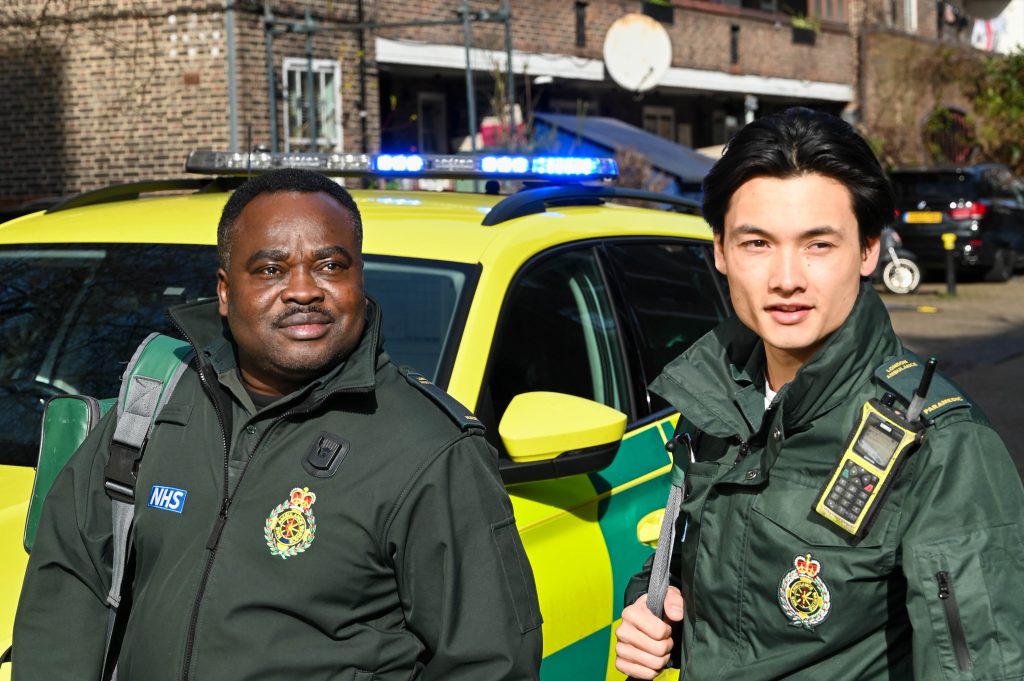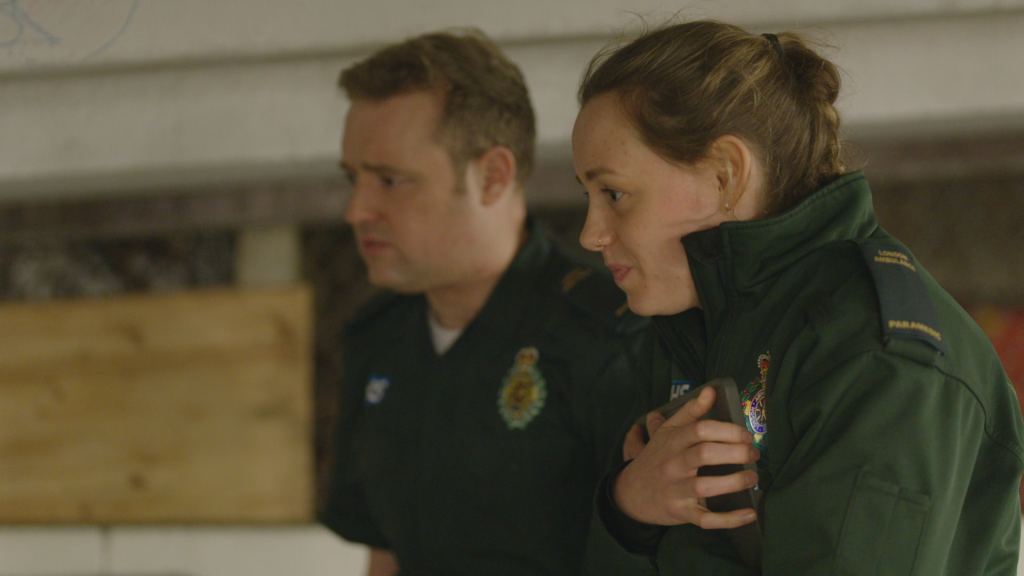More than thirty thousand Londoners treated using trailblazing scheme supporting mental health patients
More than 30,000 Londoners experiencing a mental health crisis have been treated by specialist teams at the UK’s busiest ambulance service.

The Service’s mental health joint response cars pairs a mental health clinician with a paramedic to respond to people experiencing a mental health crisis and aims to help patients avoid unnecessary trips to busy hospitals.
It reached the milestone as the country marks Mental Health Awareness Week (12 – 18 May). The mental health joint response team only refer 18% of patients experiencing a mental health crisis to A&E because they can be signposted somewhere more appropriate for their needs.
The scheme is one of the ways London Ambulance Service is changing to provide more individualised care for people with complex health needs and giving paramedics more specialist training to help build the community based care the government is looking to create.
London Ambulance Service Chief Medical Officer Dr Fenella Wrigley, who led the drive to introduce the mental health joint response cars, said: “As the NHS embarks on an era of reform, we are at a critical crossroads, with decisions made today shaping the future of healthcare.
“As demand consistently rises year on year, we at the London Ambulance Service have been using our unique position to transform our patient response, with innovative practices improving patient care. Our paramedics, nurses and other clinicians are becoming more specialised to meet the changing needs of the population.
“Take the innovations of our mental health clinicians at the Service – which has pioneered the use of highly specialised clinicians to treat patients in a mental health crisis and avoid busy A&E departments.
“We are also providing care in a wider range of different settings than ever before. This includes providing more personalised care to patients within the community, such as the frail and elderly, those experiencing a mental health crisis and other patients living with long-term and complex conditions.
“All of this is helping to create the ‘neighbourhood NHS’ that the government is looking to achieve as part of its three shifts for the health service.”
The current series of BAFTA award winning documentary ‘Ambulance’ returned to our screens last month, with the emotional opening programme giving an unprecedented insight into the work of this team as they delivered life-affirming care to people in their darkest moments.
In the episode, Paramedic Hannah Walker and Mental Health Nurse Niall Donaghy care for a number of patients who have reached crisis point.

Hannah said: “The idea of being able to have a skillset, which can support someone in that moment is just so powerful. The impact that communication and human connection can have is huge.
“To have an ambulance service where our crews want the best for everyone because of what they’ve experienced – that is so beautiful.”
The specialist clinicians work across London in mental health joint response cars and in the Service’s emergency control room, providing remote clinical assessment to patients with mental health issues and referral into services closer to home.
Carly Lynch, Consultant Nurse for Mental Health at London Ambulance Service, said: “Our clinicians are there for Londoners going through some of the most harrowing moments of their lives.
“Our team of mental health clinicians are helping to pioneer the shift to community care away from busy A&E departments and developing the paramedic profession to provide even more specialist and individualised care for patients.
“However, the number of people experiencing a mental health crisis is rising and Londoners need us now more than ever. Please remember that you are not alone and there is help if you need it.”
Within the last decade we have increased our mental health team and now have experienced nurses, social workers and occupational therapists working in the control room and our mental health joint response cars.
We have also continued to provide training to our frontline clinicians in mental health assessments and worked collaboratively with partners to ensure there are more healthcare pathways away from the emergency department to provide ongoing assessment and care. This helps to ensure that every patient gets the care they require.
If you need urgent care for your mental health, get help from NHS 111 online or call 111.
You can read more about working for us and our current vacancies here.
The latest series of Ambulance is available on iPlayer.

Follow us on social media: